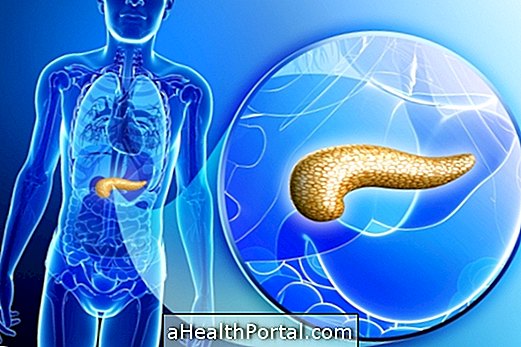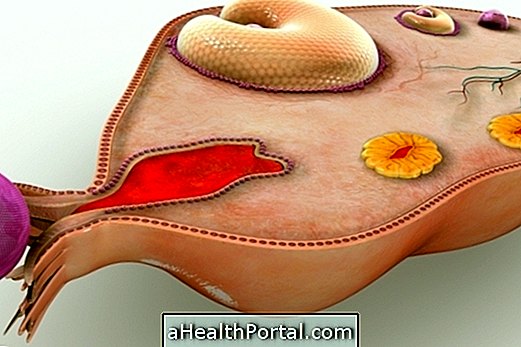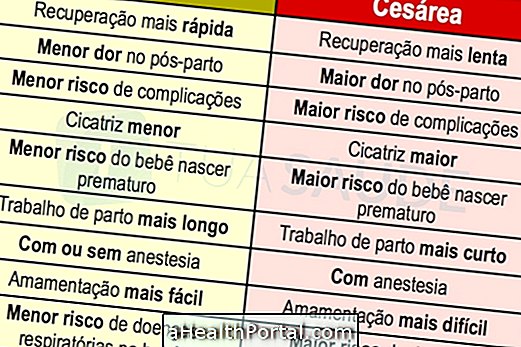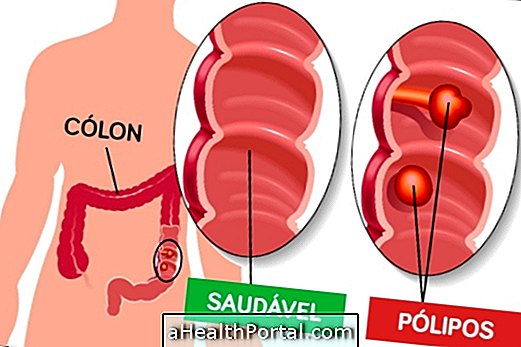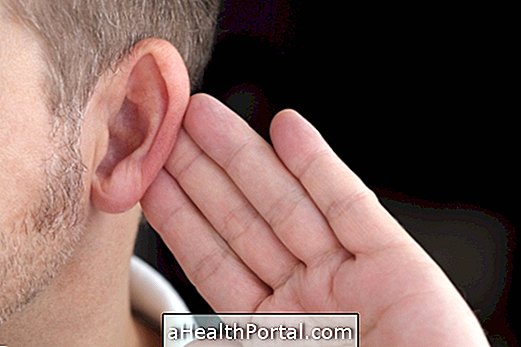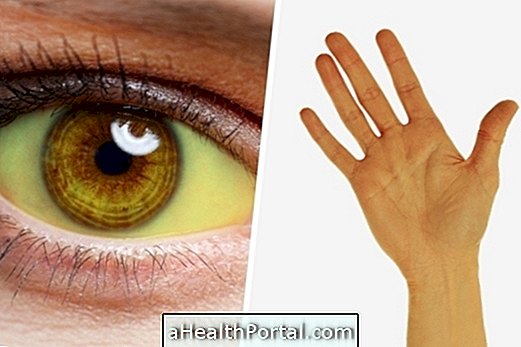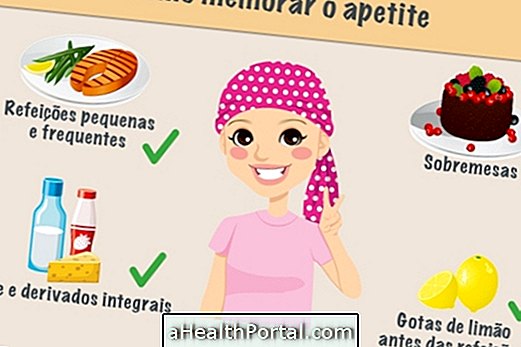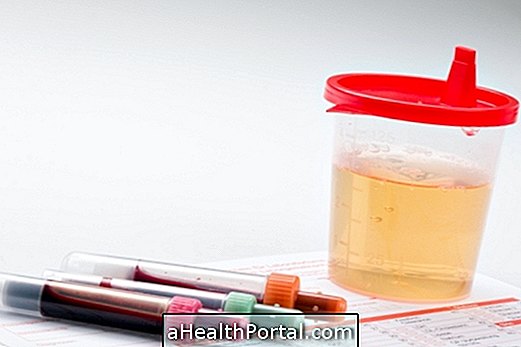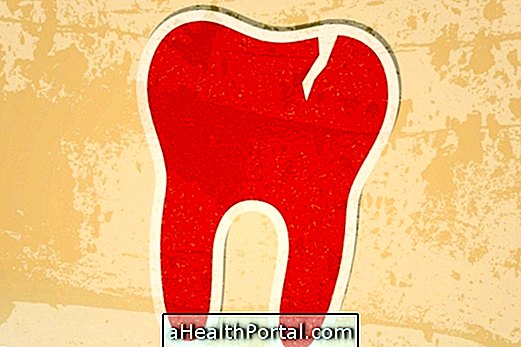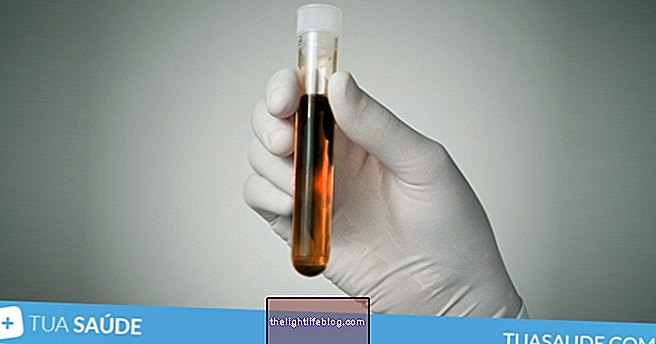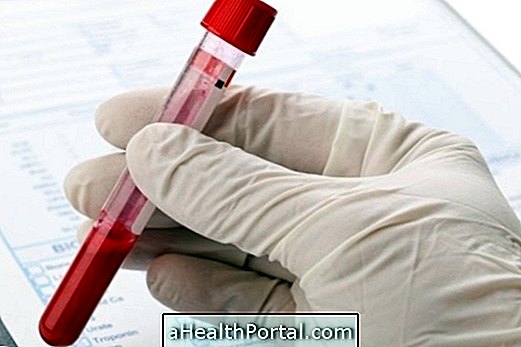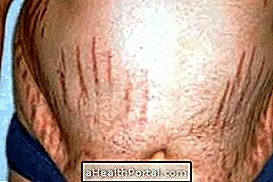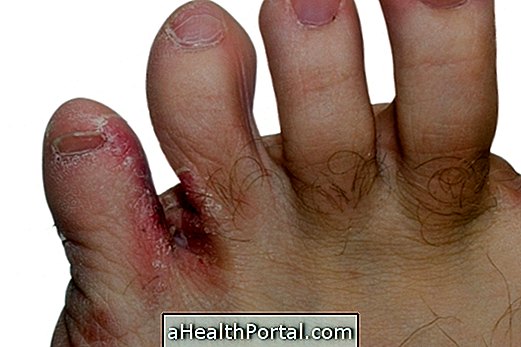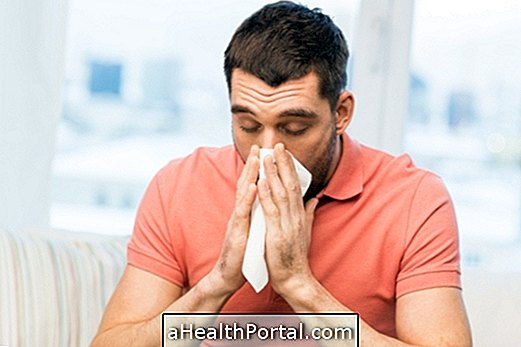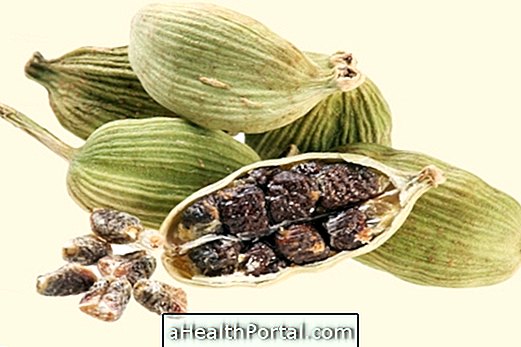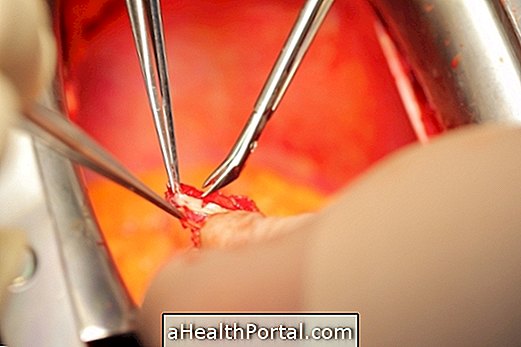The main symptoms of herpes include the presence of blisters or ulcers with reddish border and liquid, which usually appear on the genitals, thighs, mouth, lips or eyes, causing pain, burning and itching. Although it is more common for herpes to manifest in these regions, this can occur in any region of the body.
However, it is possible to notice that there is going to be an episode of herpes, well before the blisters appear, because there are symptoms that precede the rash on the skin such as tingling, itching, discomfort or even pain in any specific region of the skin. These warning symptoms can occur several hours before the onset of the blisters, or even 2 to 3 days before, so it is possible to start treatment earlier and avoid contagion if attention is paid to the onset of these symptoms.
Genital herpes
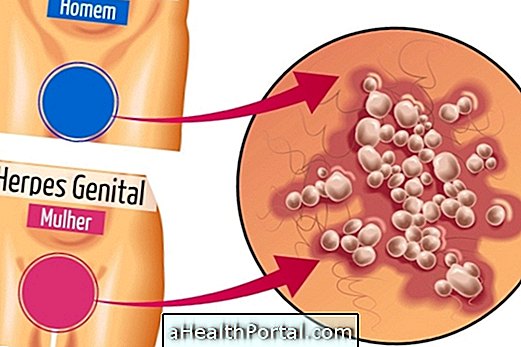
Genital herpes is a sexually transmitted disease caused by the herpes virus. In addition, contagion can also occur from the mother to the baby during normal delivery, especially if during labor the woman presents herpes wounds.
The main symptoms of genital herpes, besides the presence of blisters or ulcers with reddish border and liquid, are:
- Small groupings of blisters and wounds;
- Itching and discomfort;
- Pain;
- Burning when urinating if the blisters are near the urethra;
- Burning and pain when stool, if the blisters are near the anus;
- In the groin;
- General malaise and possible loss of appetite.
Wounds caused by genital herpes usually take about 10 days to heal and treatment is done with antiviral medicines such as acyclovir or valacyclovir tablets or ointments, which help decrease virus replication in the body and heal blisters and wounds. Here's how to avoid transmitting genital herpes and how the treatment is done.
In addition, herpes blisters in the genital area can be quite painful, and in such cases, the doctor may recommend local anesthetics to relieve pain and discomfort.
Genital herpes sores can appear on the penis, vulva, vagina, perianal region or anus, urethra or even in the cervix and at the first manifestation other flu-like symptoms such as fever, chills, headache, muscle pain, and tiredness.
Lip herpes

Cold sores are caused by the herpes virus, which can be transmitted through direct contact with blisters or sores with liquid, such as during kissing or using objects used by someone else who has herpes. Learn more about cold sores.
The main symptoms of herpes in the mouth may include:
- Sore on the lip;
- Sensitive blisters;
- Pain in the mouth;
- Itching and redness in one corner of the lip.
Wounds caused by cold sores can last for 7 to 10 days and treatment can be done with topical ointments or tablets, such as acyclovir for example.
Ocular herpes

Ocular herpes is caused by herpes simplex virus type I, which is caught by direct contact with blisters or liquid ulcers caused by herpes or by contact with infected hands with the eyes.
The main symptoms of ocular herpes are usually similar to those of conjunctivitis and are:
- Sensitivity to light;
- Itching in the eye;
- Redness and irritation in the eye;
- Blurry vision;
- Corneal wound.
As soon as these symptoms arise, it is important to consult your ophthalmologist so that they can be treated as soon as possible, in order to avoid more serious complications or even blindness. Treatment of ocular herpes is usually done with antiviral medicines such as acyclovir tablets or ointments to apply to the eye, and antibiotic eye drops may also be prescribed to prevent the onset of secondary infections caused by bacteria. Learn more about treating herpes.
Herpes is a disease that has no cure, whether it is genital, labial or ocular, since it can not eliminate the virus from the body and can even remain inactive in the body for several months or even years, causing no symptoms. However, when this disease manifests itself, the symptoms usually appear in the form of episodes, depending on the person's body, may appear 1 to 2 times a year.

